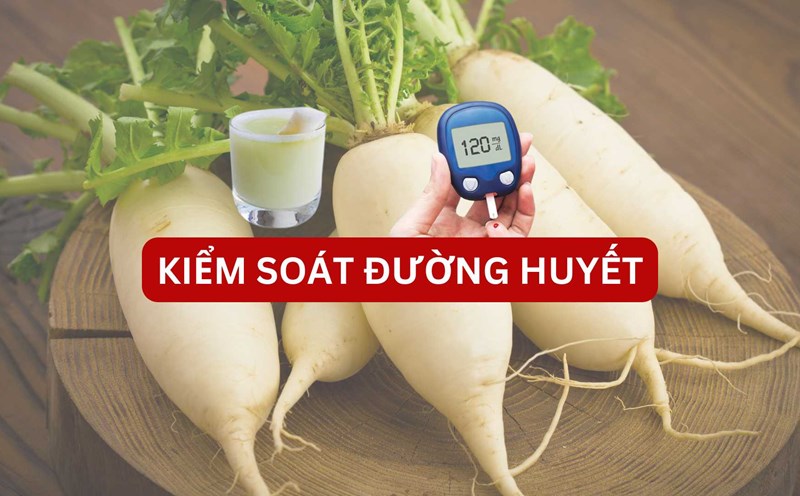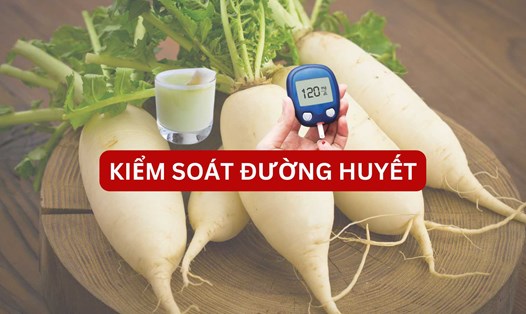Our bodies are made up of 50% - 70% water, which plays a role in keeping all of our systems functioning. Staying hydrated can help reduce the risk of developing kidney stones, urinary tract infections and constipation.
If you lose more water than you take in each day, your body can become dehydrated. Dehydration can cause headaches, dizziness, and digestive problems. It can also cause problems with your mood, memory, or ability to process information.
When the body has too much water, it can damage the heart and kidneys. Drinking a large amount of water at a time can also cause blood thinning and cause the body to lose some essential minerals, which is dangerous for the body.

According to experts, each person's water needs will depend on gender and health status. For healthy women, the total amount of water will be about 2.7 liters/day and for men it will be about 3.7 liters/day.
However, the estimate, which includes fluid intake (food, other beverages, and water), depends on your weight and your body's needs. Basically, food will account for about 20% of your daily water intake, so in reality, a woman only needs about 1.8 - 2.2 liters of filtered water per day and a man needs about 2.8 - 3.2 liters of water.
If you have kidney disease, gastrointestinal infection or Vietnamese sausagey diarrhea, you should consult your doctor to know exactly how much water your body needs.
A quick way to check if you are drinking enough water is to look at the color of your urine. If you are drinking enough water, your urine will be pale yellow. If your urine is dark yellow or amber, you may be dehydrated.
Tips to help you drink enough and more water:
- Carry a water bottle with lines dividing the amount of water you drink during the day.
- Choose water instead of sugary drinks
- Choose filtered water when eating out.
- Choose foods that are high in water content.











